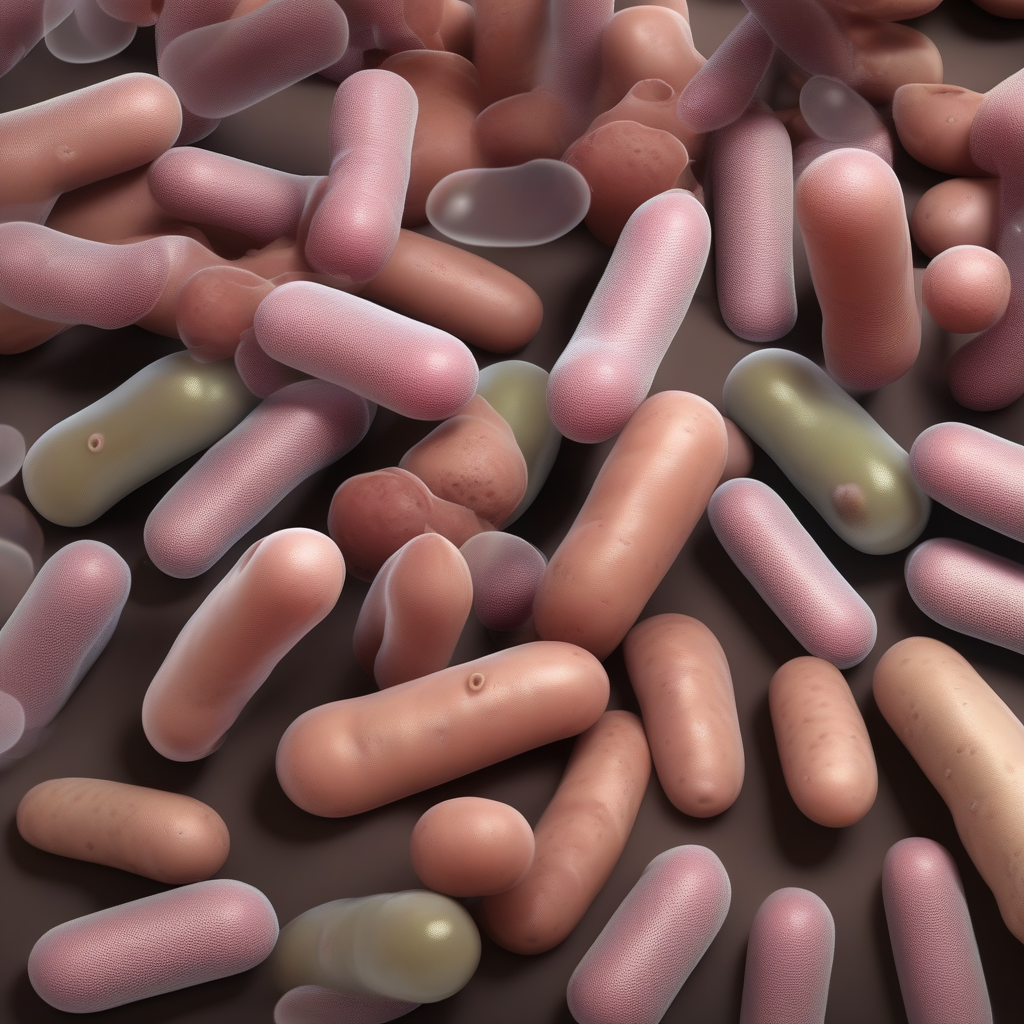Listeria is a type of bacteria that is commonly found in soil, water, and some animals. It can contaminate many types of food, particularly unpasteurized dairy products, processed meats, and ready-to-eat foods like deli meats and soft cheeses. Listeria is a serious foodborne pathogen that can cause a severe illness called listeriosis.
Listeriosis affects primarily pregnant women, newborns, older adults, and individuals with weakened immune systems. Symptoms may vary from person to person, but common signs of listeriosis include fever, muscle aches, diarrhea, and gastrointestinal discomfort. If the infection spreads to the nervous system, symptoms can include headache, stiff neck, confusion, and convulsions.
What makes listeria particularly dangerous is its ability to survive and even grow at refrigeration temperatures. This means that even when stored properly, contaminated foods can still pose a risk. Additionally, listeria can be difficult to detect, as it does not significantly alter the taste, smell, or appearance of the affected food. Therefore, it is crucial to practice proper food handling and hygiene to prevent listeria contamination.
To minimize the risk of listeria infection, it is essential to follow safe food handling practices. This includes washing fruits and vegetables thoroughly before consumption, reheating leftovers to steaming hot temperatures, avoiding cross-contamination between raw and cooked foods, and refraining from consuming high-risk foods when pregnant or immunocompromised. It is also advisable to consume perishable foods before their expiration date and to avoid consuming unpasteurized dairy products or high-risk processed meats when there is a listeria outbreak alert. By taking these preventive measures, individuals can significantly reduce the chances of listeria contamination and protect their health.
